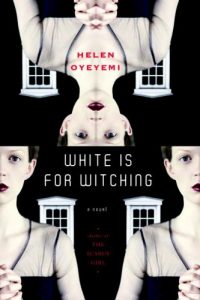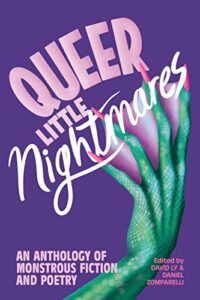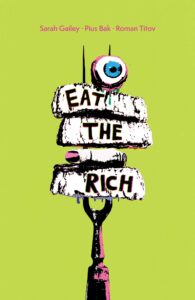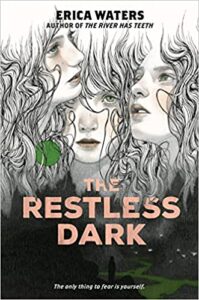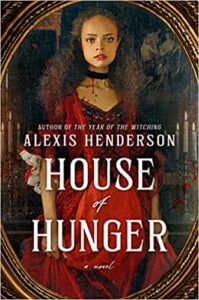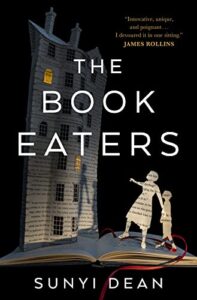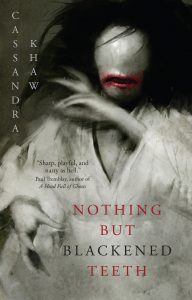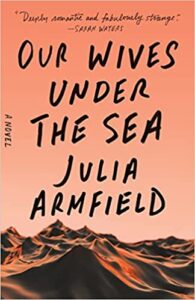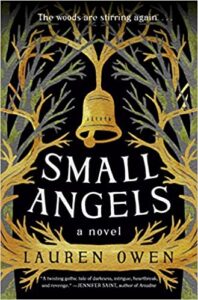Amazon Affiliate Link | Bookshop.org Affiliate Link
It’s hard to summarize Helen Oyeyemi’s White is for Witching, as this is a novel less with plot and more with vibes. But to the best of my ability, a young girl, Miranda, develops an eating disorder called pica, where she eats and hungers for things that are inedible, after suffering through grief from the loss of her mother. She is haunted by the ghost of her mother, aunt, and grandmother, who call to her from the other side.
The novel reads more like one long ritual, with rhythmic language that mimics the casting of a spell. This ties into the witchcraft subject and its role in Miranda’s life. There is an interesting dynamic between the dark magic and Miranda’s eating disorder. As with all Gothic novels, it’s hard to tell what’s supernatural and what is mental illness, or how the supernatural exacerbates mental issues.
It reads like an amalgamation of memories and hallucinations, making it hard to follow the story. The jarring jumps in point of view make it difficult to tell who is speaking when one scene ends and another begins mid-thought. The switch from one narrator to another in the middle of a scene or thought reads as though there are lapses in the narrator’s memory.
Miranda has a twin brother, Eliot, who takes over the narration when her point of view shifts. Miranda’s perspective is told in the third person while Eliot’s takes place in the first person. This indicates how Miranda feels outside of herself. But there’s magical mischief afoot that suggests there may be a creature causing havoc and taking on Miranda’s image.
The narration takes a wild turn when the house becomes a narrator from time to time. It becomes an entity with a mind of its own and plays a role in Miranda’s haunting. Her family home becomes a containment vessel that holds the ghosts of Miranda’s ancestors and calls for her to become one of them.
For a time, Miranda gets away from the house and its hauntings when she leaves to attend college. This is where she meets Ore and begins a relationship with her. But the house’s call is too strong, and soon with her pica, Miranda becomes too ill to continue school, so she goes home and leaves Ore behind. It becomes a question of whether or not the house itself causes the illness and creates Miranda’s pica the way the disease took her mother as well.
There are some weird moments of incest between Miranda and Eliot, as well as Ore and her sister Tijana. Meanwhile, in the background, there’s a growing hostility toward refugees and those considered outsiders. These particular points play such a minuscule role in the overall story that it’s easy to forget they ever happened, or feel like they were random.
Oyeyemi’s book is a strange tale that would be easier to follow visually. I’d be interested to see it adapted as a television series or movie, as that would make the Gothic elements stand out so much more. Especially with how the story ends, leaving the reader questioning what actually happened.
Content warnings: eating disorder, incest

